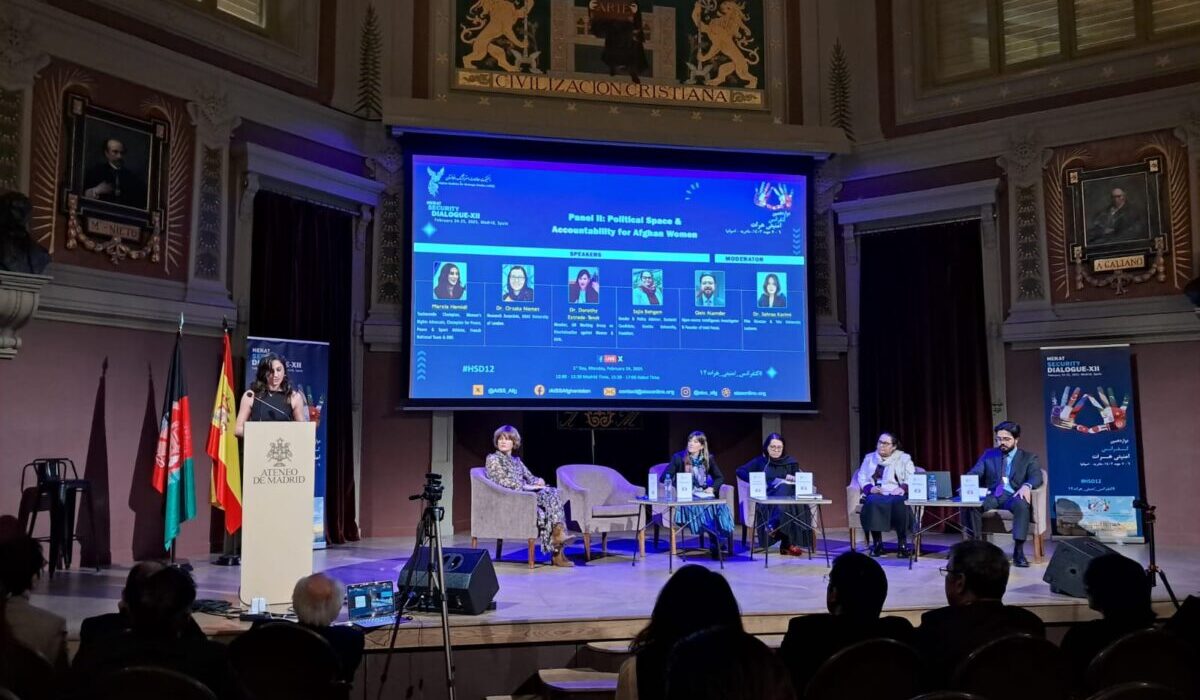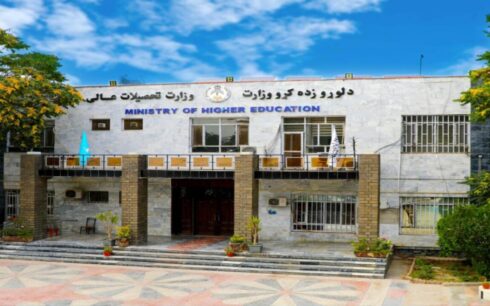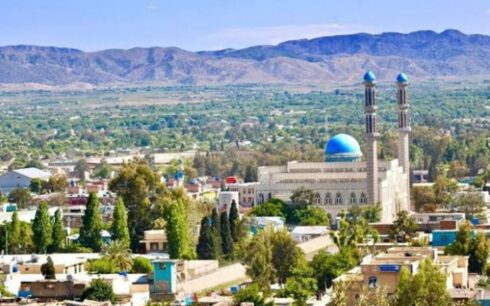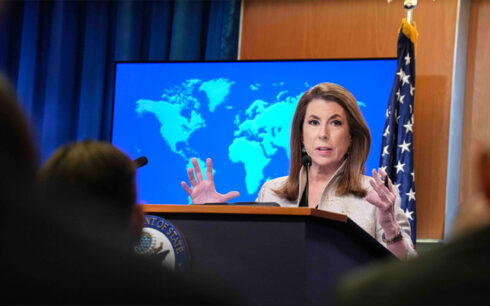MADRID — Participants at the 12th Herat Security Dialogue in Madrid, Spain, warned that Afghanistan has become a hub for terrorist groups under Taliban rule, posing a serious threat to regional and global security.
Addressing the event, Rahmatullah Nabil, Afghanistan’s former intelligence chief, said the Taliban’s ties to extremist networks have transformed the country into more than just a safe haven for militants.
“The Taliban’s so-called ‘terror diplomacy’ has created not just a sanctuary for extremists, but an extremist state,” he said.
Rangin Dadfar Spanta, Afghanistan’s former national security advisor, echoed concerns over the Taliban’s harboring of terrorist groups and stressed the need for a unified opposition.
“The absence of a coordinated national agenda has been a major weakness,” he said. “Only a tangible political force—one that has truly emerged as an undeniable reality—can capture the attention of the Afghan people and the international community.”
Spanta called for the creation of a People’s National Assembly of Afghanistan, bringing together political and social forces committed to democracy, independence, and territorial integrity.
Regional and global responses
The summit, attended by officials from regional countries and international organizations, also addressed the worsening human rights situation in Afghanistan, particularly for women and girls.
Dorothy Estrada, a member of the U.N. Working Group on Discrimination Against Women and Girls, called for international solidarity in confronting gender apartheid in Afghanistan.
On the sidelines of the conference, Mohsin Dawar, a former Pakistani lawmaker, said the Taliban do not represent Afghanistan and were imposed on the country to damage its reputation. He urged greater unity among opposition groups.
Meanwhile, Asad Durrani, Pakistan’s former special envoy for Afghanistan, criticized Islamabad’s shifting policies after the U.S. withdrawal.
“When the U.S. left, Pakistan was the first country to dismantle the framework it had previously maintained,” he said. “Now that they’re gone, nothing else matters—it’s all about so-called Pakistani interests.”
Women continue to resist
Speaking at the conference, researcher Orzala Nemat emphasized that despite Taliban-imposed restrictions, Afghan women remain determined to pursue education and resist oppression.
“Women and girls in Afghanistan, as well as the men who support them, have not stopped,” she said. “They are ready to read, to get educated, and to continue their pursuit of knowledge. They have not surrendered to this rule.”
The Herat Security Dialogue, titled “Afghanistan: The Reviving Hope; Synergetic Effort,” focuses on Afghanistan’s security and political challenges.
The conference comes at a critical time, as Afghanistan faces deepening instability, with experts warning that without a coordinated opposition, the Taliban’s grip on power—and its ties to terrorist networks—will only strengthen.





